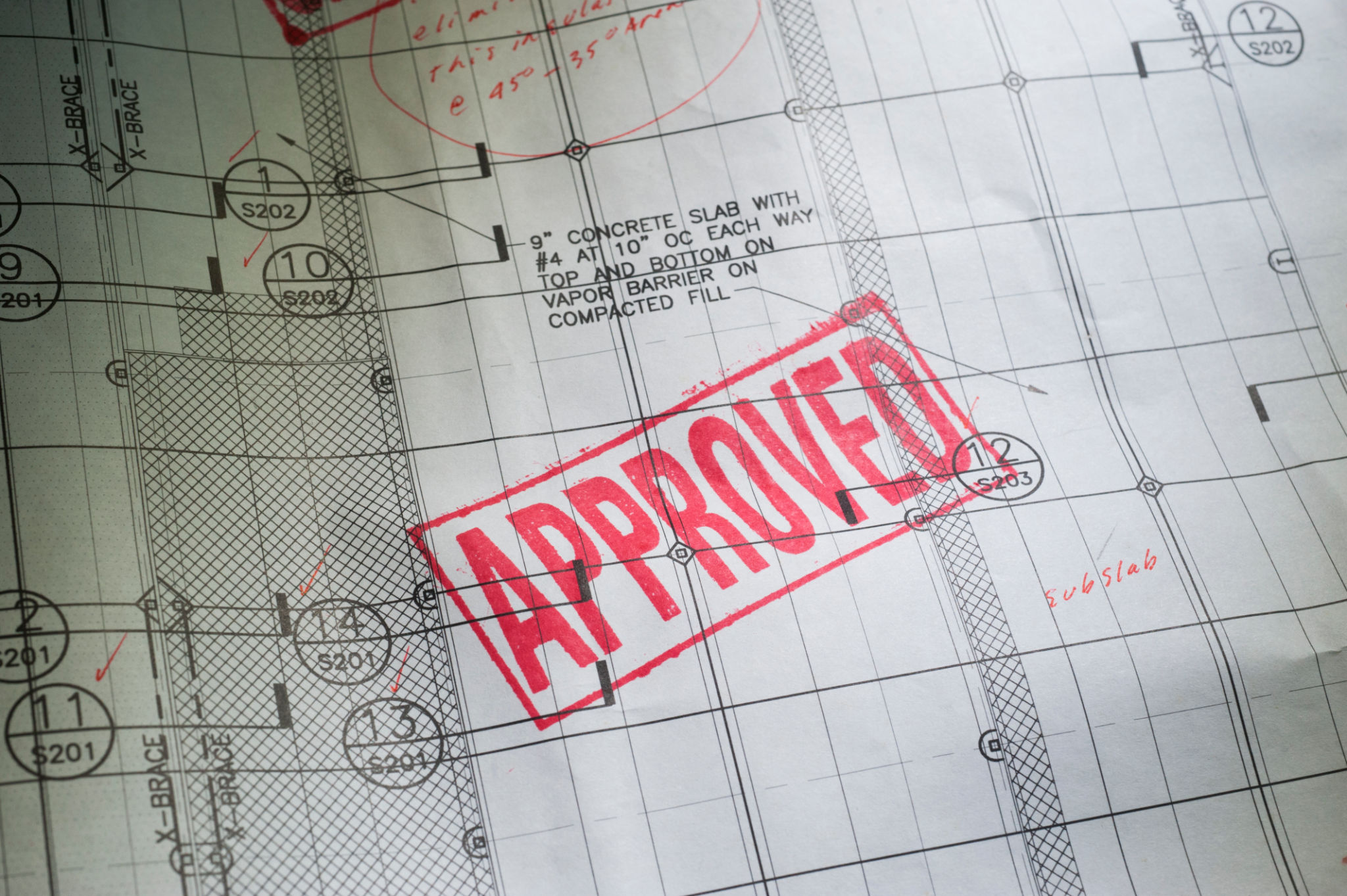Expert Insights: Navigating Property Regulations in Palm Beach County
Understanding Property Regulations in Palm Beach County
Owning property in Palm Beach County can be a lucrative investment, but navigating the local property regulations can be complex. Understanding these regulations is crucial for ensuring compliance and maximizing your property's potential. Whether you're a developer, real estate investor, or a homeowner, familiarizing yourself with the local laws will help you avoid costly mistakes.

Key Zoning Regulations
Zoning regulations are one of the primary considerations when buying or developing property in Palm Beach County. These rules dictate how land can be used and what structures can be built. Zoning categories include residential, commercial, and industrial, each with specific guidelines. It's essential to know your property's zoning classification to understand permissible uses and potential restrictions.
The county's zoning department provides resources to help property owners interpret these regulations. You can also consult with a zoning attorney or a local real estate expert to gain deeper insights and ensure you're fully compliant with all requirements.
Permit Requirements
Before starting any construction or renovation project, it's important to secure the necessary permits. Permits are required for various projects, including new constructions, additions, and even some remodels. The permitting process ensures that all structures meet the county's building codes and safety standards.

Failure to obtain the right permits can lead to fines, delays, or even the demolition of unauthorized structures. To streamline the process, it's advisable to work with a professional who is familiar with local permit requirements and can help you navigate the application process efficiently.
Environmental Considerations
Palm Beach County is known for its beautiful beaches and natural habitats. As such, environmental regulations play a significant role in property development and management. Properties located near sensitive areas such as wetlands or coastal zones may be subject to additional restrictions to protect the environment.
For those looking to develop in these areas, conducting an environmental assessment is often required. This assessment will help determine the impact of your project on the surrounding environment and identify any necessary mitigation measures.

HOA and Community Restrictions
Homeowners associations (HOAs) are common in many neighborhoods throughout Palm Beach County. These organizations enforce community-specific rules that can impact your property usage and modifications. It's crucial to review any HOA guidelines before purchasing property, as they can sometimes impose stricter regulations than local government codes.
Understanding both county and HOA regulations allows you to make informed decisions about property enhancements and ensures that your plans align with community standards.
Expert Advice and Resources
Consulting with experts who are familiar with Palm Beach County's property regulations can save you time and money. Real estate attorneys, local planning departments, and experienced realtors can provide valuable insights into navigating these complex rules.

Additionally, attending local workshops or seminars on property regulations can offer up-to-date information on any changes in laws or procedures. Staying informed is key to successfully managing property in Palm Beach County.
Conclusion
Navigating property regulations in Palm Beach County requires diligence and a proactive approach. By understanding zoning laws, permit requirements, environmental considerations, and community guidelines, you can ensure compliance and protect your investment. Leveraging expert resources and staying informed about changes in regulations will help you make sound decisions for your property endeavors.